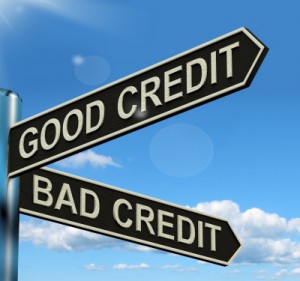Dear Liz: You recently advised someone who didn’t know whom to select to administer a living trust because the person has no spouse, children or other living relatives. This person mentioned they had collectibles. An additional thing they should consider doing is donating the collection while alive to an archive, museum or other appropriate organization that would be interested in receiving it or in selling the items to support their mission. That way they won’t end up in the trash but will be handled appropriately. There also might be a tax advantage to this donation.
Answer: That’s an excellent suggestion. Here’s another good one:
Dear Liz: Selling off collectibles is a long, time-consuming undertaking. My husband was a huge collector and we did not want to leave that burden to our son. So when he retired, he started selling things on EBay. It was a lot of work and took him years. (We checked with our son to make sure he didn’t want the things he sold.)
Answer: What an excellent retirement project as well as a huge gift to your son. The first step is being willing to part with a collection while alive. Those who are ready to do so may be in a better position to find eager buyers than anyone who inherits the collection.
Collectors who don’t have the time or energy for this process can consider hiring someone to do it. Other alternatives include selling to a dealer, either outright or through consignment, or hiring an auction house, if the collection is valuable enough to attract bidders’ interest.

 Why you probably need title insurance, socially responsible investing, and the Equifax hack just got worse.
Why you probably need title insurance, socially responsible investing, and the Equifax hack just got worse.
